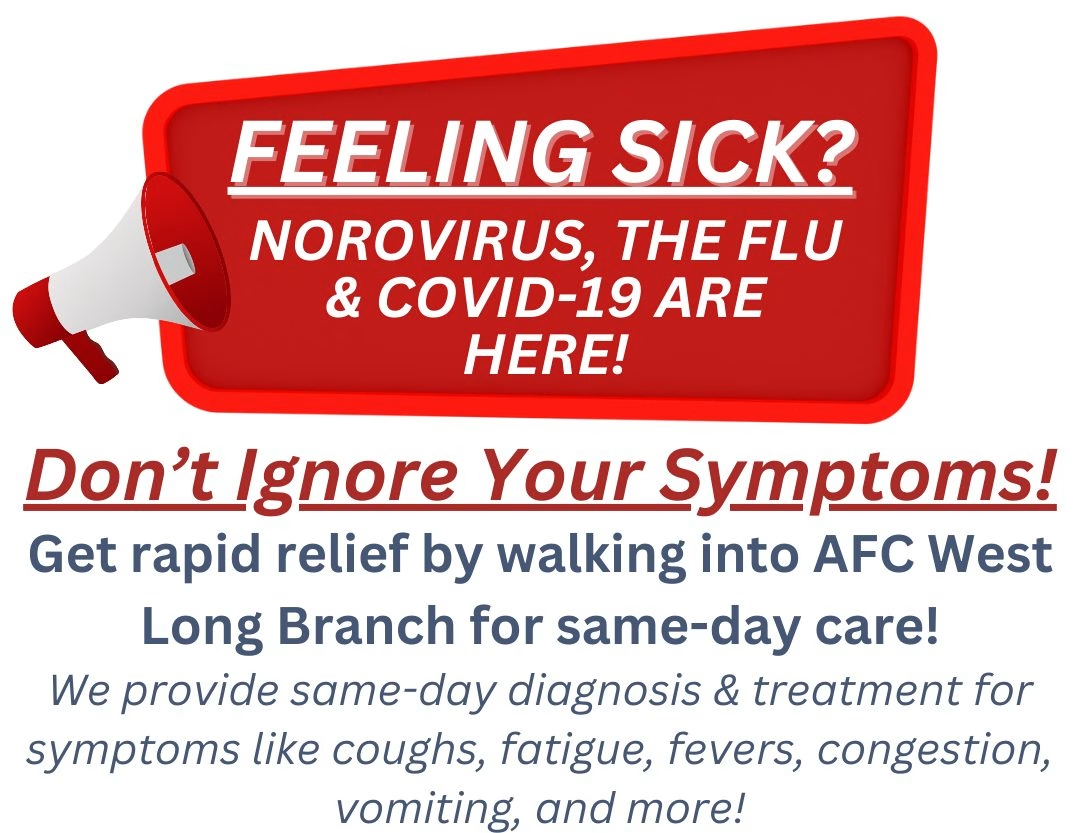Vaccines are incredibly important for developing young children’s immune system against infectious diseases and for improving immunity from dangerous viruses and bacteria.
The Centers for Disease Control (CDC) explain that vaccinations are necessary for children and young adults (13-18) to develop immunity from diseases including measles, rubella, mumps, tetanus, and hepatitis. Without these key vaccinations the spread of these diseases can skyrocket in local communities
Currently, there have been at least 268 confirmed cases of measles across 15 different U.S. states as more parents decide not to vaccinate their children. Medical experts, local healthcare providers, and similar organizations have recently tried to dispel dangerous myths and falsehoods about vaccinations.
Vaccines are equally important for adults as well as children in order to prevent certain diseases and improve immunity. So what should you know about vaccinations in order to make the best possible healthcare decisions for your and your children?
Vaccines are the safest and most effective methods for preventing infectious disease among children
The CDC recommends routine vaccinations for children starting at birth. The agency provides a simple-to-use guide that helps parents plan out their vaccinations. Infants usually receive hepatitis vaccines and slowly receive various others including the RV, DTaP, and MMR (measles, mumps, rubella) vaccines.
After the age of 6, children are recommended to get other types of vaccinations to improve their immunity to these diseases. As a child’s body grows older their immune system usually requires updated vaccines to stabilize their immunity.
Every clinical expert and medical association will tell you that a vaccination is the safest way to prevent infectious diseases among your children.
A vaccine is not linked to serious health complications nor autism
The most common myth about vaccinations is that a vaccine can lead to autism. However, this is 100 percent a myth that has been disproved by medical experts and leading autism advocacy organizations.
Autism Speaks explains vaccines cannot cause autism under any circumstances. The usual risk factors for autism include genetic risks, advanced parent age, pregnancy complications, and pregnancies less than a year apart.
Additionally, a vaccine cannot cause a disease in a child even though it uses a weakened strain of the disease to help build immunity. The weakened virus or infectious disease in a vaccine is only to help the immune system create antibodies that successfully defend against the disease.
Ultimately, parents need to understand that vaccinations are effective, and safe, means for making sure their children don’t contract an infectious disease. If you have any more questions about vaccination services then make sure you contact your nearest medical provider.
Don’t allow rumors, myths, and misinformation about vaccines influence your decision to forgo vaccinations. Take the time to understand that vaccinations work to protect you and your children.



